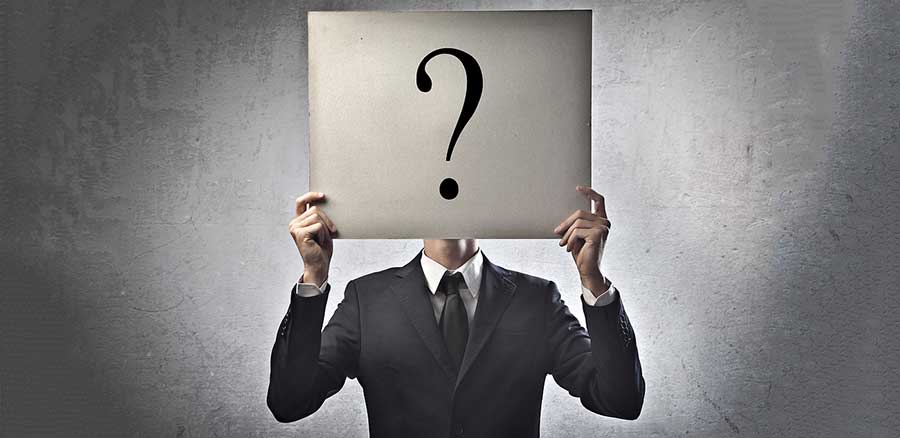Ask yourself a simple question: who makes the economic policy of the eurozone?
In a functional liberal democracy the answer to the question ‘who makes economic policy’ would be fairly straightforward; there would a democratically elected parliament of some sort, plus maybe a democratically elected president, and a government composed of mostly elected politicians. The government of elected politicians would create an economic policy which is implemented via various ministries and institutions. In a liberal democracy the opposition parties can criticise the government’s economic policy, and parliamentary bodies and committees can scrutinise the policy in public as well as questioning both members of the government and state and other functionaries in public forums about policies and procedures. In liberal democracies every few years the entire population gets a chance to sack the government and thus have the opportunity to change the economic policy.
In the eurozone things are very different to the liberal democracy model. For a start the government of the eurozone is not directly elected, it is composed of a complex raft of institutions, including inter-govemental bodies, a non-elected president, a complex bureaucracy headed by powerful unelected European Commissioners who are are nominated by national governments and who play, at least nominally, the role of ministers in the EU. Most of the bureaucrats who staff the administrative system of the EU are appointed via a not very transparent system which is based on rough national quotas. The European Parliament, the only directly elected body in the EU, has very limited powers, it cannot propose new laws, its decisions are not binding on other tiers of EU governance and it cannot really call to account the Commissioners or indeed any other functionary in the EU apparatus. The powerful European Central Bank was deliberately set up so that democratic oversight or influence on its policies and operation are expressly forbidden by eurozone regulations and treaties (see here for more on this topic), and as a result the ECB is the least politically accountable central bank in the world.
With the birth of the single currency the EU institutions now make economic policy for the largest economic bloc in the world and for several hundred million people. Who actually makes that policy and exactly how it is made is obscure and hidden. The nearest thing to a body composed of elected politicians that creates eurozone economic policy is the Eurogroup which is the collective term for meetings of the finance ministers of the eurozone, i.e. those member states of the European Union which have adopted the euro as their official currency.
At the recent event held in Berlin entitled “Plan B For Europe?”, Yannis Varoufakis talked in some detail about how the Eurogroup actually works.
Its mind boggling stuff. To say there is a democratic deficit in the EU is a vast understatement.
A video of the full event can be seen here.

